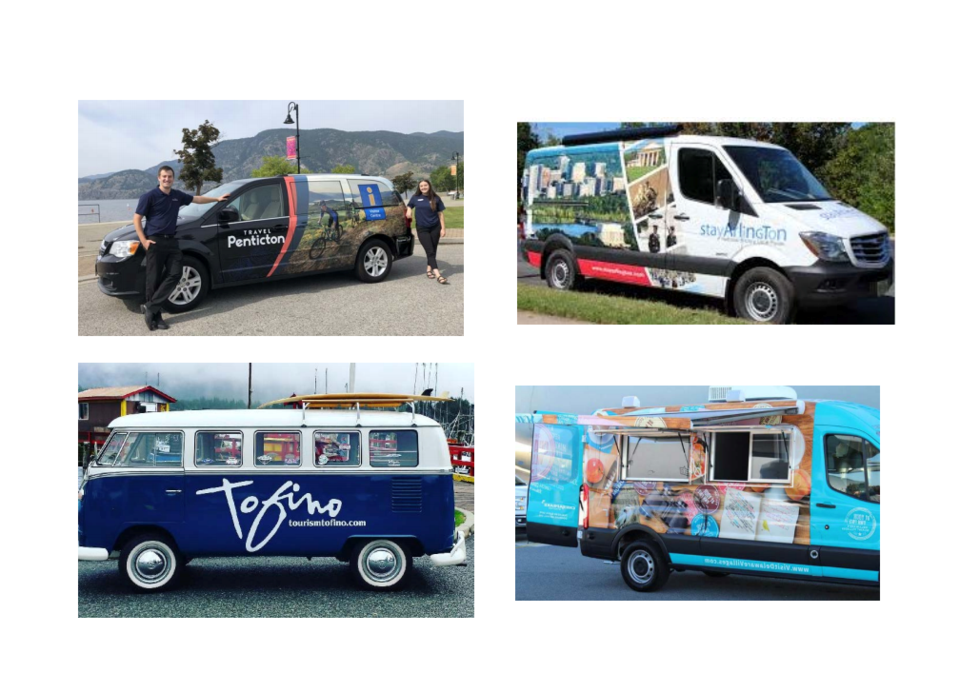Tourism on wheels made it through and so did an upgraded website, but Sechelt council held back on using COVID-19 restart funds to pay for an elevator at the Seaside Centre, improving tourism wayfinding signs or accessible washrooms at the Writers Festival office.
Councilors waded through more than a dozen proposals at a March 17 regular council meeting to spend an additional $780,392 of the more than $2.5 million it was granted through a federal-provincial safe restart funding agreement.
So far the district has allocated $81,600 to cover revenue shortfalls and IT upgrades.
The funds are supposed to be spent on increased operational costs due to COVD-19, including facility reopening, emergency planning, protective and bylaw enforcement services, programs for vulnerable people, IT and revenue shortfalls.
Some pricier items approved at the meeting included $188,000 to implement digital document program OnBase and $100,000 for website redevelopment.
Director of financial services David Douglas said the cost of adding enhanced commerce options – something the community has asked for – is still unknown and contingency has been built in when asked why the cost had climbed from an earlier estimate of $60,000. Communications manager Julie Rogers said there would be community engagement in the redesign.
Also debated were proposals for an elevator for Seaside Centre, accessible washrooms for the Writers Festival office, wayfinding signs and a visitor information vehicle.
The tourism van, estimated to cost $65,000, would be used by Visitor Information staff daily from April to October and for specific events outside of tourism season.
Rogers added if approved and purchased immediately, the vehicle could also serve as the visitor information centre during the pandemic, since the location is currently being used as a COVID-19 testing clinic.
She said the van would be “Sechelt-centric” and prioritize events in the district, but could also be rented to other local governments on the Sunshine Coast for an at-cost fee. She added the purchase is also part of Sunshine Coast Tourism’s strategic plan to have a van service the entire Coast.
“We will start with Sechelt and see where we go from there,” she said.
Coun. Brenda Rowe was favourable to the idea, while Coun. Tom Lamb called the tourism office “the worst location of any office anywhere” and said he’d rather spend the money on relocation.
Coun. Janice Kuester raised concerns about the costs associated with renting out the van, while Toth said the district shouldn’t be promoting tourism during the pandemic.
The funding was approved, with Lamb, Toth and Kuester opposing the motion.
The Seaside elevator was also a point of contention.
Mayor Darnelda Siegers said conversations are underway to upgrade Seaside Centre to make it more accessible for meetings, but without an elevator the upstairs can’t be used.
“We know that space is a concern at the municipality and we need to look at how we’re going to use the space that we have,” she said.
Toth said he wasn’t opposed in principle, but wanted a plan for the site first.
As for wayfinding signs, Rogers said the district didn’t receive a grant it had applied for to fund that project.
Toth said he wasn’t ready to support the project, given the $102,000 estimate – making it the second costliest item on the list.
Kuester agreed the amount was “huge,” and the money could be used for something else, such as on programming for vulnerable populations.
As for the washrooms, McLean said accessible washrooms don’t count as an impact of COVID-19.
No decision was made on washrooms, signs or the elevator.
More reports are expected for what to do with the rest. Staff have been tasked with looking into funding a temporary bylaw officer or community ambassador position to deal with health order violations and tourism-related issues. They were also directed by council to look into programming for vulnerable people.
Council also voted to approve $72,751 for the purchase of glass, and office modifications for municipal hall.
Another $15,000 was approved for employee communication training to deal with remote work, $25,000 to digitize the community archives, $17,000 for permitting software and $40,000 for occupational health and safety – which would replace a human resources hiring request.
They also approved the purchase of four tents at a cost of $30,000.
Douglas said currently a “firm deadline,” hasn’t been specified by the government for when the funds have to be spent. He said a plan should be in place within the year but purchasing could still happen after that.



